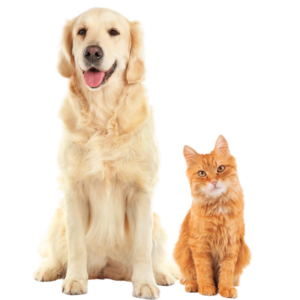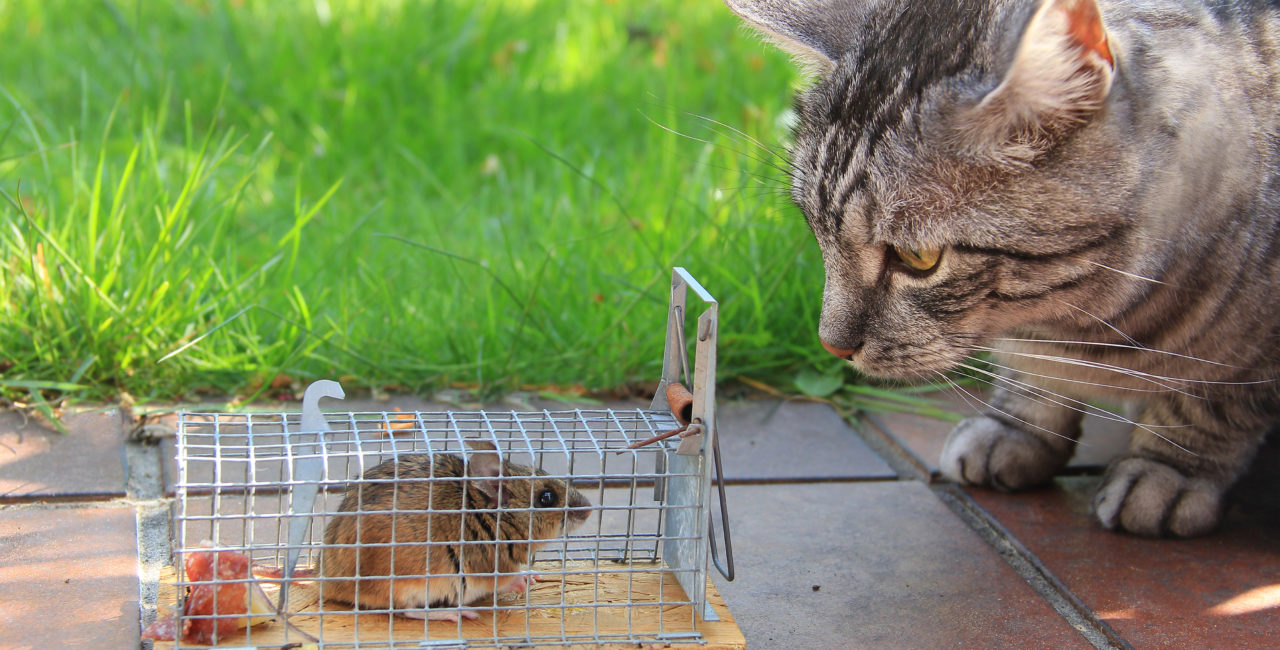Fall is upon us. The trees are changing colours, the a/c is off, and fleas are thriving with the dampness that fall brings. It’s also a prime time for rodents to seek out shelter for winter. This means they are looking for a way into your warm, cozy house.
Homeowners are inclined to purchase traps and bait but this could pose a safety concern for our pets. Surely, one would think it’s only meant to kill small rodents – a dog or a cat is much bigger and would therefore not be affected if they ate some. This is not the case.
First, let’s understand how most rat baits work. Commercial baits are designed to entice the rodent to ingest the poison. Once ingested, it depletes the body’s natural stores of vitamin K. When the body’s vitamin K stores are depleted, the body is no longer able to form a clot when it’s needed. The rodent will slowly bleed internally and this can take days to happen.
If a dog or a cat ingests this, it can take days before one would even realize something is wrong. It could go unnoticed until weakness and pallor are present. Radiographs could show internal bleeding. Bloodwork can show abnormalities Luckily, there is an antidote if your pet ingested an anticoagulant rodenticide. When rat bait is ingested, we can supplement the body with oral doses of vitamin k.
Always bring the box of rat bait to your vet appointment. Not all rodenticides are considered the anti-coagulant type. There are many different types out there that kill rodents without them bleeding out. It is still a medical concern for your pet regardless of the type of bait purchased. However, there may not be an antidote with these other forms.
The Pet Poison Help line is a great telephone consult service that can aid the pet owner if they are concerned about ingestion.
Written by Holley, RVT



